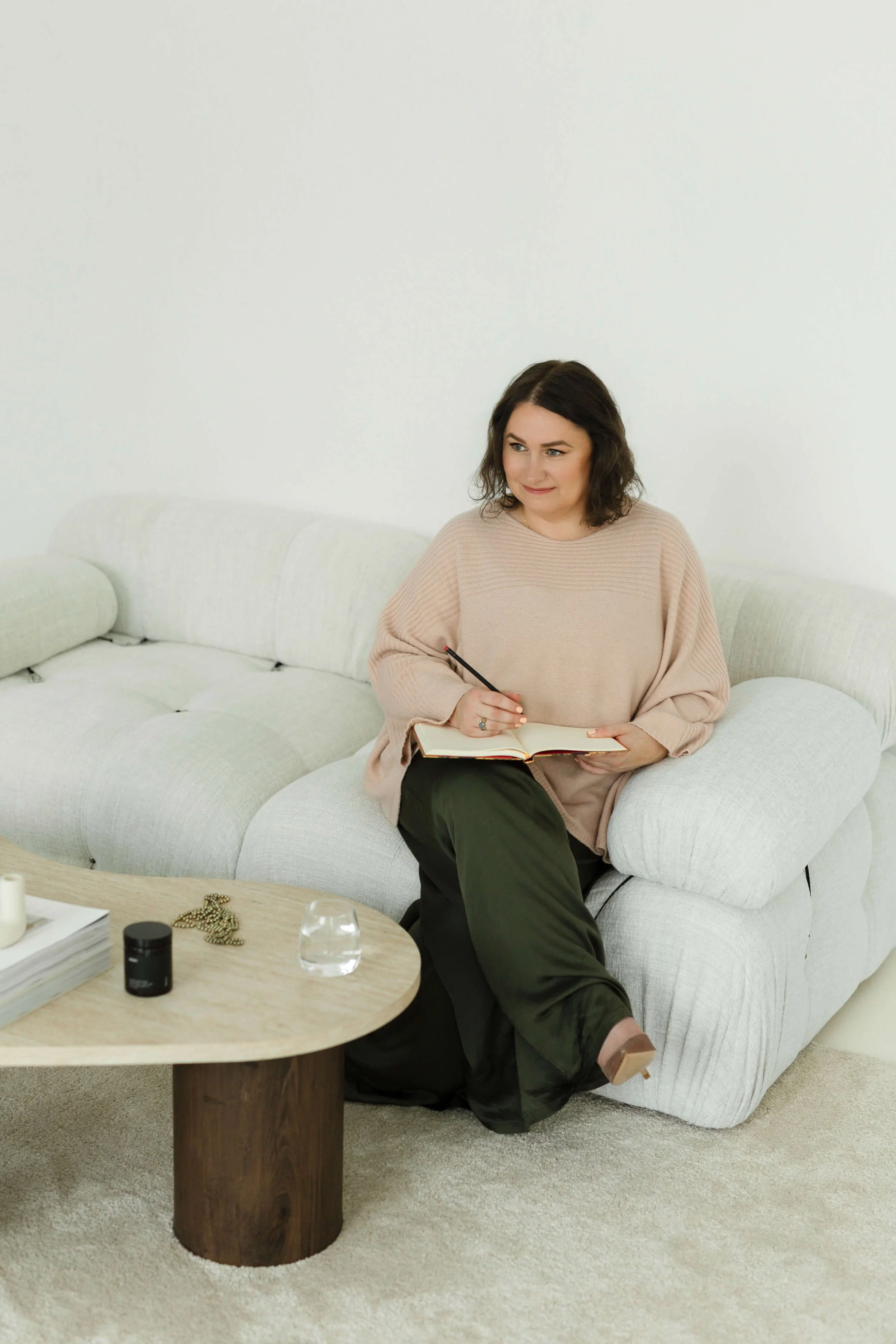02
Is self-doubt taking the best of you?
Building emotional resilience and self-confidence or efficacy at work.
Ever held back in a meeting, avoided taking the lead, or second-guessed yourself even when you knew the answer?
Self-confidence isn’t about always knowing you’ll succeed. It’s about trusting you can show up, handle the unknown, and learn along the way. If self-doubt, overthinking, or fear of failure are holding you back, it’s time to rebuild that inner foundation.
From self-doubt to self-confidence
Self-confidence refers to an individual’s belief in their ability to successfully perform specific tasks or handle particular situations.
It encompasses judgments of capability, self-assurance, and resilience in the face of challenge.
Self-confidence is a broad, relatively stable belief in one’s ability to cope with challenges and pursue goals overall. It includes:
Competence belief: “I can do this.”
Self-trust and worthiness: “I have value and can handle the outcome.”
Resilience: Acting despite doubt, setbacks, or risk.
Self-efficacy refers to a task-specific belief in one’s ability to successfully carry out a particular action or behavior (Bandura) and is more situational.
How do they relate?
Self-efficacy feeds into self-confidence. Repeatedly succeeding at specific tasks (high self-efficacy) builds a general sense of confidence.
Self-confidence shapes willingness to try. A confident person is more likely to attempt new tasks, which then provides opportunities to strengthen self-efficacy.
What tools or theories might
we use?
We draw from performance psychology, cognitive-behavioral science, and social learning theory to understand and strengthen your confidence:
Bandura’s Self-Efficacy Theory
Confidence through mastery, modeling, feedback, and emotional regulation.
Cognitive Behavioral Coaching (CBC)
Identifying and challenging limiting beliefs.
Growth Mindset (Dweck)
Developing self-trust through process, not perfection.
Vealey’s Sport Confidence Model
Adapted to professional environments.
Assertiveness training and self-image work
Using role clarity, body language, and boundary-setting.
What will happen in these sessions?
We will:
-
What are you avoiding, and what does that say about your internal narrative?
-
-
-



